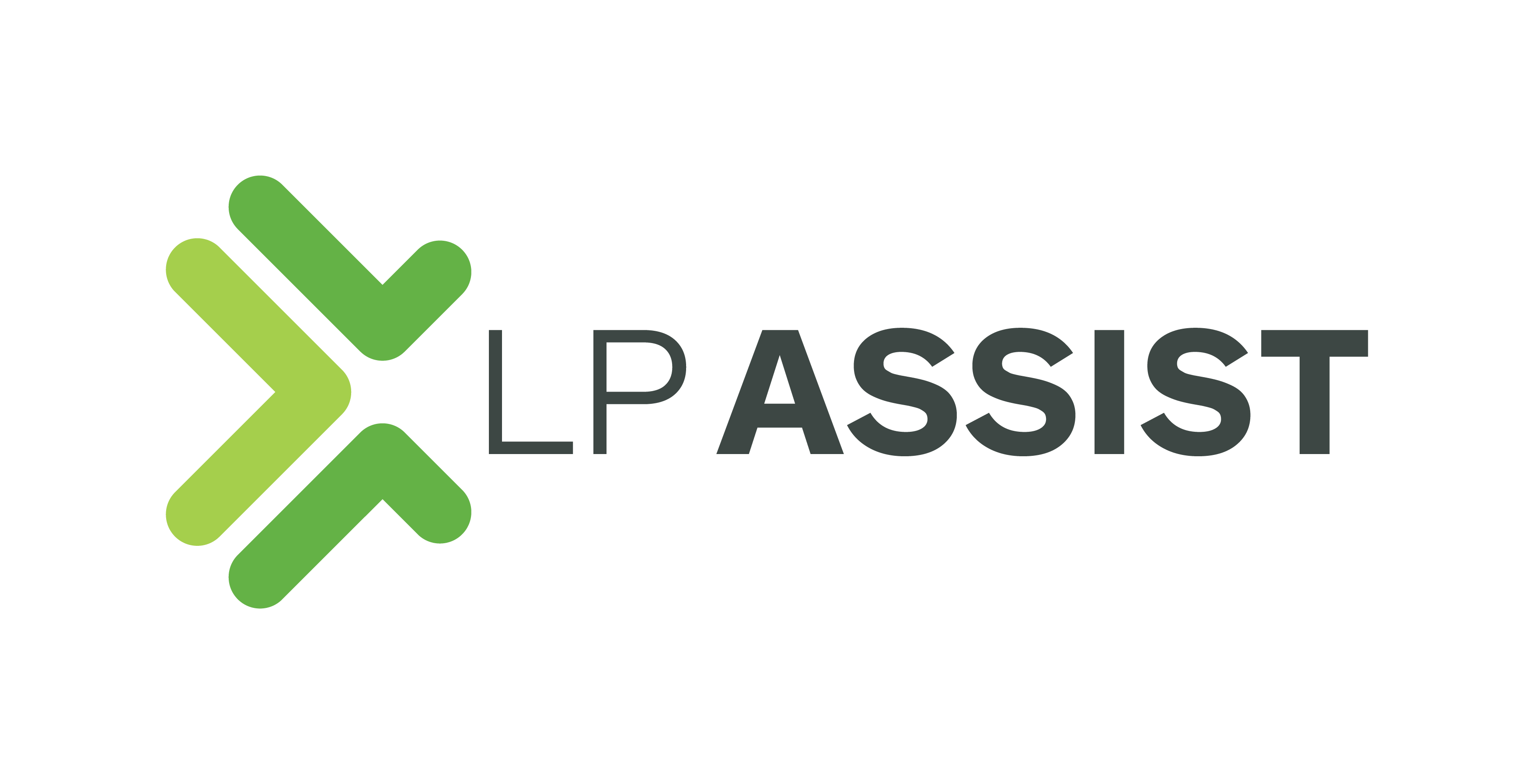GST stands for Goods & Services Tax. This is a 15% tax that is charged on almost all goods and services in New Zealand.
If your business is registered for GST, you are required to charge your customers an additional 15% for GST on all of your New Zealand sales. You then need to pay this 15% to the IRD. When you buy goods and services from other businesses that are GST registered, you pay them 15% GST. You can claim this GST back from the IRD.
You then report these amounts to the IRD in the form of a GST return. This can be filed monthly, two monthly or six monthly depending on your business revenue.
When do I need to register for GST?
Whether or not you need to register for GST depends on your actual or expected annual business income.
If your business revenue is more than $60,000 in any 12 month period or you expect that it will be more than $60,000 in a 12 month period, then you are required to register for GST.
If your business earns less than $60,000, you can register for GST voluntarily. This can be a smart move if your business has very high expenses when compared to your income, or if it makes it more attractive for your customers to buy from you.
What expenses can be claimed for GST?
Almost all products or services that you buy in New Zealand will incur GST. There are, however, a few exceptions to this. You cannot claim:
- Wages paid to employees
- Personal/non business related expenses
- Interest paid or received
- Bank fees
- Items/services purchased from a non-GST registered business
- Other special purchases, such as some land
If you are unsure whether or not a transaction includes GST, check the invoice/receipt or ask your accountant.
Keep those invoices and receipts!
For all of your sales, you must issue (and keep) a valid tax invoice that includes:
- Your legal business name
- IRD number
- A description of the product or service supplied
- The date the goods were supplied
You’ll also need to keep an invoice or receipt for every expense you wish to claim in your GST return. Check that your suppliers provide a receipt/invoice that has all the information about their business listed above.
While the IRD will not generally request to see these documents, you are required to keep a copy of them available for at least seven years. This will be helpful when it comes to filing your income tax return each year, and in the event of an audit.
Filing your GST Return
To file your GST return you will need to know:
- Your total sales/revenue for the GST period – 15% of this is the GST you have collected from your customers
- Your total spending for the GST period (excluding the non claimable expenses mentioned above) – 15% of this is the GST you have paid to your suppliers
If you have collected more GST than you have paid, you’ll need to pay the difference to the IRD by the due date specified by them (usually the 28th of the month following). If you have paid more GST than you have collected, then you will receive a refund from the IRD.
Filing a GST return can seem daunting, but most accounting systems will calculate these numbers for you, making this process straightforward. If you have a system like Xero or MYOB, you’ll simply need to remember to file the return on time.
To file your return, navigate to the section of your accounting software for GST returns and follow the instructions. If you’d like help with this, don’t hesitate to get in touch.
Final Thoughts
Determining your GST obligations and filing a return can be as simple as using your accounting software and setting a calendar reminder to file. But if you are worried about your GST returns or would like someone to check over your return, send us an email at office@lpassist.co.nz or call 03 307 6688.








